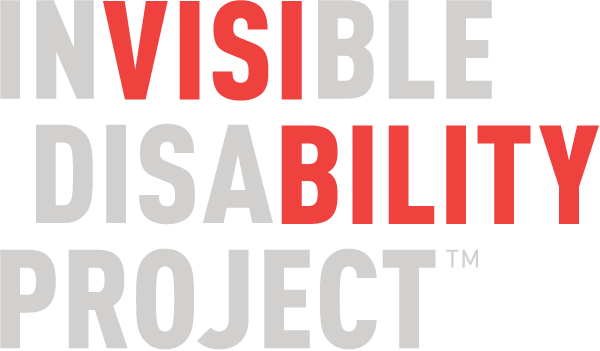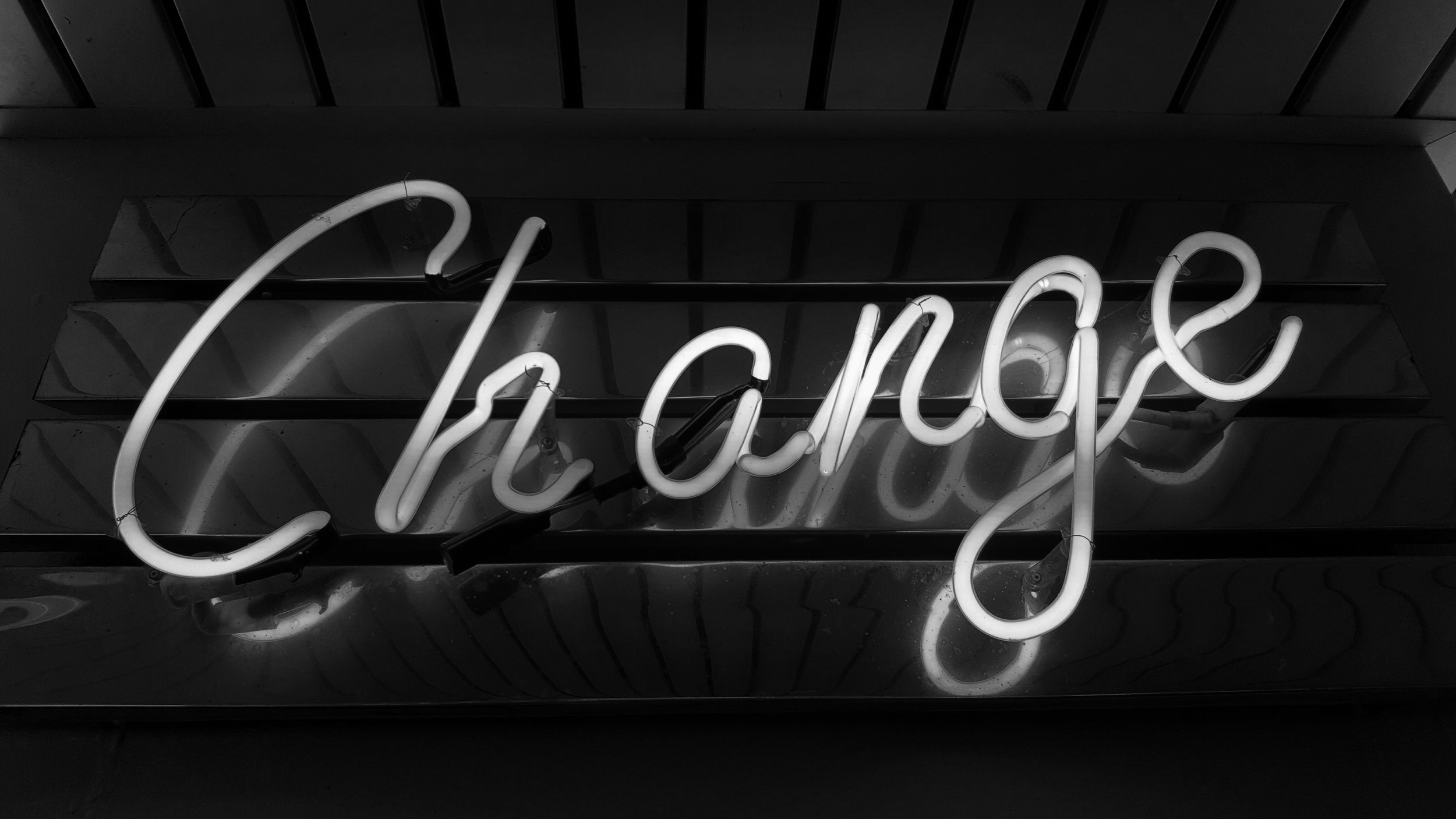Long Days, Late Nights
By Lisette E. Torres
It’s 4 a.m. and I am staring into big, sparkling brown eyes. My muñeca lovingly looks at me while downing her bottle of formula. I look back at her, feeling blessed; however, I am physically and mentally drained. Not just because caring for a newborn is exhausting, but because I am experiencing a full-on flare. My entire body hurts – from the bottoms of my feet to the roots of my hair. I have Fibromyalgia, and a lack of sleep only makes it worse.
My mind begins to wander, and worry sets in. I don’t know how I am going to go back to my full-time job months from now (though, honestly, as an academic, the work never really stops). Teaching, giving workshops, and attending meetings while trying to finish my dissertation research and mothering two young children . . . there just aren’t enough spoons. I have also noticed that my ability to remember and to focus has gotten increasingly worse each time I have a flare-up. My fibro-fog makes it difficult for me to keep track of things, no matter how many notes or lists I make or how many reminders I ask people to send me. It even interrupts my ability to have conversations and give presentations. I often forget my thought mid-sentence, and I cannot count the number of times I have failed to recall basic terminology in my field (let alone basic words in English!) during conversations with colleagues. The information is there, but it’s just impossible to retrieve. I shudder as I recall my most recent blunder and pray that it does not reflect poorly on my race/ethnicity, and gender.
My entire body hurts – from the bottoms of my feet to the roots of my hair. I have Fibromyalgia, and a lack of sleep only makes it worse.
Lisette E. Torres
I’m brought back from my reverie by the sound of my nena loudly sucking on the nipple of her bottle. I look down at her sweet face and then pan the living room, noting the chaos of children’s toys and academic literature. I have no clue as to when I will have enough energy to clean up or time to read. For many mother-scholars, this lack of “work-life balance” (a mythical concept that makes me laugh out loud) would cause severe imposter sydrome and anxiety. I take a deep breath and actively push the self-defeating thoughts away, trying to recover the peace that I used to feel when I practiced Taiji (pre-baby) . . . and, for a brief moment, I am not as aware of the throbbing and stabbing pains throughout my body.
Despite the added complexity fibromyalgia brings to my racialized gendered narrative of sacrificio, my newly acquired disability identity has been a blessing. I am (re)learning how to reconnect with my physical and emotional self, to ask myself, “Y dónde está tu ombligo?” I am slowing down and being more intentional about how I prioritize things in my life. I am becoming more proficient in the “art of giving a shit” (a survival mechanism more than a flippant response to the job requirements of the academy), and I am squeezing as much joy as I can from each moment.
. . . and, for a brief moment, I am not as aware of the throbbing and stabbing pains throughout my body.
Lisette E. Torres
I look down to find my baby girl fast asleep with the bottle in her mouth. Formula is starting to drip down her chin. I wipe it away and sit with her in my lap a little longer, even though my hip has started to act up. I look at her with awe and boundless love, doing the best I can to remember the details of her round face and the feeling of her tiny body in my arms. I’ll figure out how to deal with work later.
THE AUTHOR
Lisette E. Torres
Lisette E. Torres is a trained scientist and disabled mother scholar-activist whose work focuses on addressing racial and gender inequity and disability in science. She is a co-founder of the National Coalition for Latinxs with Disabilities (CNLD) as well as an advisory board member of the Invisible Disability Project (IDP). She is also an active member of Science for the People, where she is the Accessibility Editor for the Science for the People Magazine, leads the People of Color (POC) Caucus, assists with the Outreach and Development Committee, and is part of the Puerto Rico Working Group.







